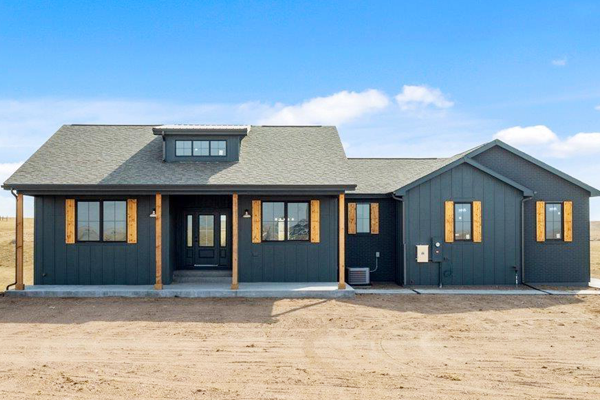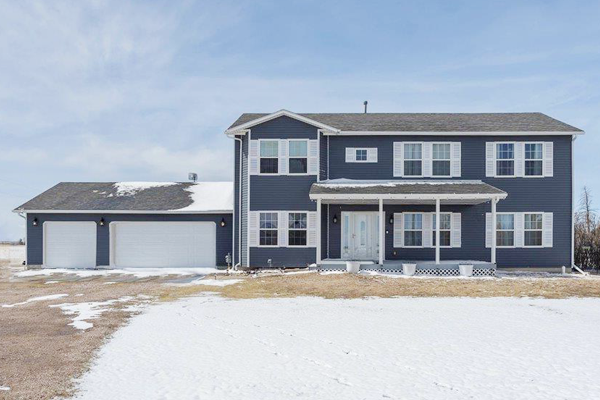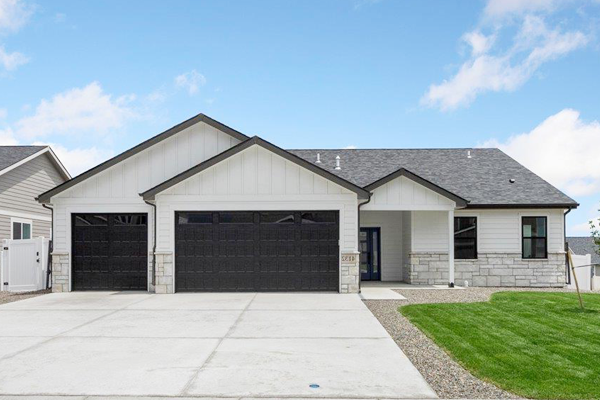Let’s Explore Your Selling Options. I’ll help you sell your home at the price and terms you want. Free Selling Strategy Call
Here’s what buyers need to know about escalation clauses.
In our market, we’re seeing escalation clauses for as much as $1,000 to $5,000. But what is an escalation clause, and how can it help you win the home you want in a multiple-offer scenario?
Let’s say you write an offer for a home at a certain price. If a competing offer gets submitted, the escalation clause is triggered and automatically escalates your offer above the price of the competing offer. The clause can be whatever increment you decide and last up to a maximum amount. For example, if you make a $250,000 offer for a $250,000 home but you’re willing to pay as much as $300,000 for it, you can write in a $5,000 escalation clause that lasts until that $300,000 is potentially met.
In addition to escalation clauses, you can bolster your offer by waiving your appraisal. If that $250,000 home appraises at $260,000 but you’ve waived your appraisal, you then have the option of making up the difference in cash to complete the transaction. However, as I’ve told my buyers, you want to put some sort of cap on this. There’s nothing worse than bringing a blank check to closing. If your escalation clause increases your offer all the way to $300,000 but the home only appraises for $240,000, you’d be bringing an extra $60,000 to the closing table. A cap protects you from having to bring an obscene amount of money to the table.
If you’re putting a bunch of money down and bring, say, $150,000 to the table, it’s not as big of a deal because you’d be spending that $60,000 anyway. The cap rule really only applies when you have tight margins and can only make a down payment in the 5% range.
If you’d like to know more about escalation clauses or have any real estate needs I can assist you with, don’t hesitate to reach out to me. I’d love to hear from you!
-
Let’s Explore Your Selling Options. I’ll help you sell your home at the price and terms you want. Free Selling Strategy Call
-
What’s Your Cheyenne Home Worth?. Are you thinking of selling your home or interested in learning about home prices in your neighborhood? We can help you. Free Home Value Report
-
Looking for a Cheyenne Home?. Search the entire MLS for your Cheyenne home. Search the MLS
-
Free Real Estate Newsletter. Get our latest Q&A, insights, and market updates to make smarter decisions. Subscribe Now







